News and features
Read the latest news and features about our world-leading research, discoveries, fundraising and philanthropy. If you want to keep updated on our news, you can follow us on social media or sign up for our Search newsletter.
If you’re a journalist and want to find out more, you can contact our media relations team.
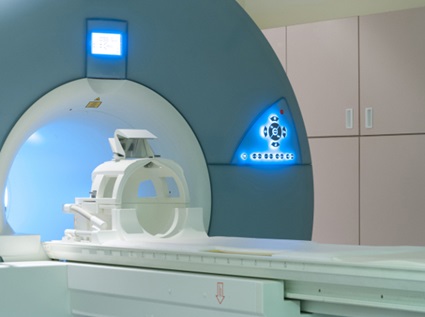
New method could lower radiotherapy doses for some cancer patients
A special type of MRI scan where patients inhale 100% oxygen could result in lower radiotherapy doses for some cancer patients.

ICR welcomes protein degradation expert to lead centre aimed at discovering new ways to treat cancer
Dr Zoran Rankovic has been appointed to direct the pioneering Centre for Protein Degradation at The Institute of Cancer Research (ICR).
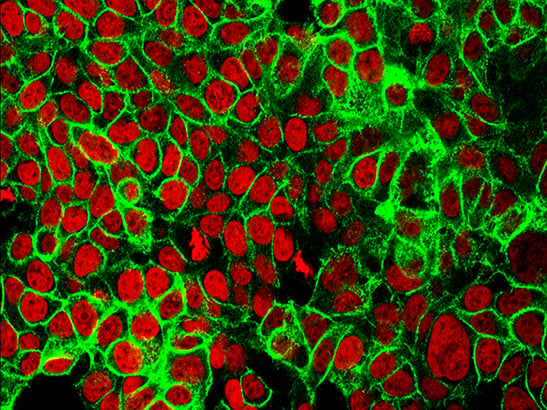
Ground-breaking study reveals previously unknown genetic causes of colorectal cancer
Cancers develop partly through genetic abnormalities within cells of the body. Colorectal cancer is a major cause of death worldwide, but we don’t yet have a full understanding of the genetic changes that cause it to grow. New research – published today in Nature – delivers an unprecedented view of the genetic landscape of CRC and its responses to treatment.

Cancer cells pretend to be ‘super fit’ to outsmart normal cells and invade the body
Scientists have discovered that some cancer cells pretend to be ‘super fit’ to fool normal healthy cells into giving them their nutrients, allowing them to expand and spread around the body.
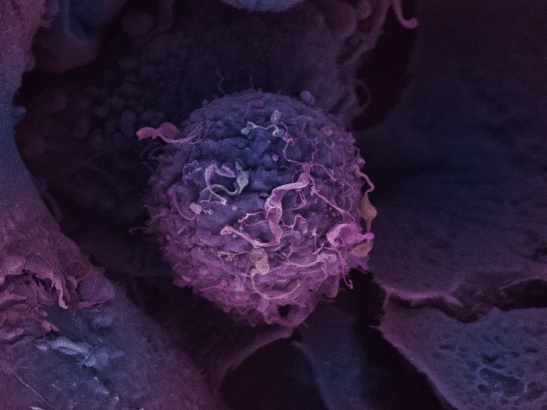
MHRA approves first-in-class breast cancer drug
The Institute of Cancer Research, London, welcomes the news that a new targeted breast cancer drug, capivasertib, has been approved by the Medicines & Healthcare products Regulatory Agency (MHRA) for treating the most common type of advanced breast cancer.

More men with advanced prostate cancer could be successfully treated with precision drug olaparib
Scientists have discovered a genetic aberration found in some prostate cancers that could allow more men to be successfully treated with targeted drug olaparib
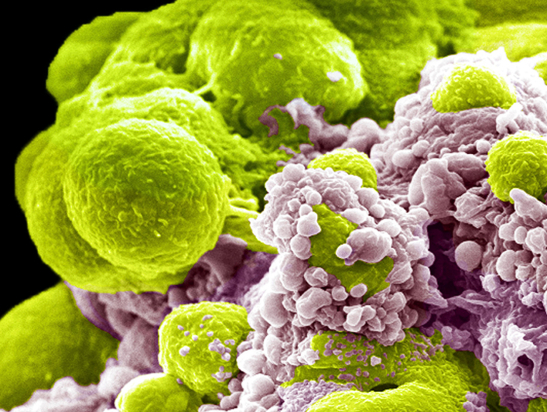
New tool combining evolution and AI predicts prostate cancer recurrence more than a decade ahead
Combining the principles of evolution with artificial intelligence (AI), scientists have proposed a new way to predict the chance of prostate cancer returning. In a recent study, they harnessed computational methods to capture specific tumour measurements relating to the tumour’s ability to change over time. They then showed that these measurements correlate with disease recurrence more than a decade after the initial diagnosis.

Thousands of high-risk cancer gene variants identified
Researchers have mapped the exact variants in a gene that dramatically increase a person’s risk of developing several types of cancer. This could lead to improved early detection and targeted treatment across diverse populations.
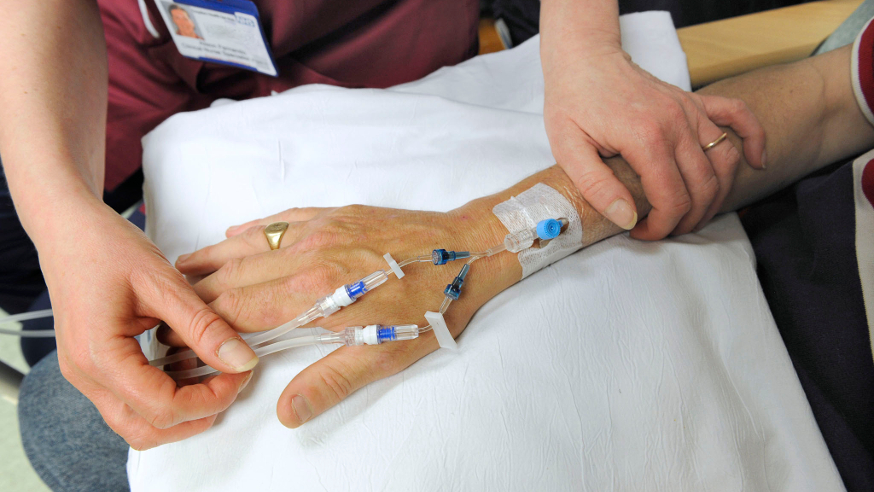
Epilepsy drug could keep chemotherapy for stomach cancer working for longer
Cancer’s resistance to chemotherapy could be reversed by targeting lactate – the product that builds up as cancer cells convert nutrients to energy – according to new research.

Ryan Reynolds backs new Wrexham Terry Fox Run supporting the ICR
North Wales joins millions of participants worldwide for Terry Fox Run on 13 October. The Terry Fox Run UK raises funds for The Institute of Cancer Research, London. Wrexham, with the support of Ryan Reynolds, will become the first place in Wales to host a Terry Fox Run to honour Canadian hero Terry Fox.

Analysis of findings from long-term study reveals more genetic mutations associated with aggressive prostate cancer
Scientists have added to the list of inherited genetic mutations known to increase the risk of more aggressive prostate cancer.

ICR family charity partner celebrated in King’s Birthday Honours List
The Institute of Cancer Research, London, congratulates the founders of the Chris Lucas Trust, our family charity partner, who are among those recognised in The King’s Birthday Honours List.
